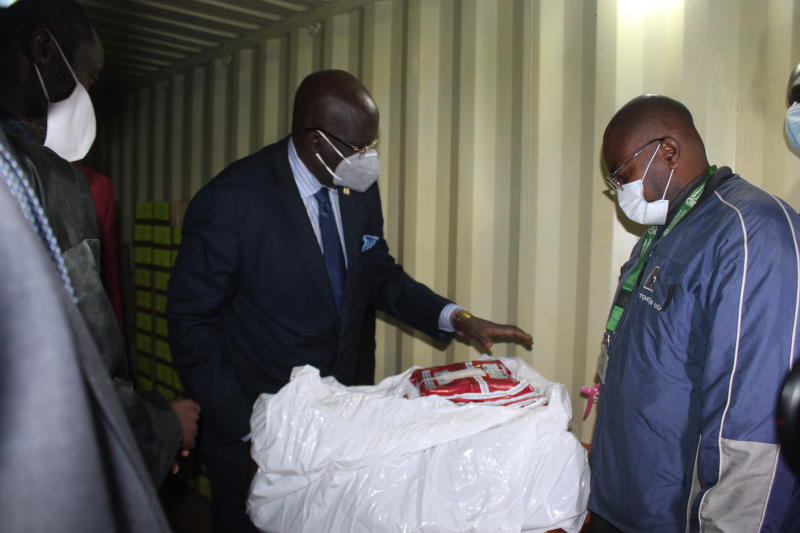×
The Standard e-Paper
Fearless, Trusted News

Revelations of the growing attempts to leak KCSE exams have raised serious security concerns during the administration this year’s tests.
The Saturday Standard has established that the two crucial morning hours – between 6am and 8am – are the new weak links targeted by examination cheating cartel to compromise this year’s national examinations.